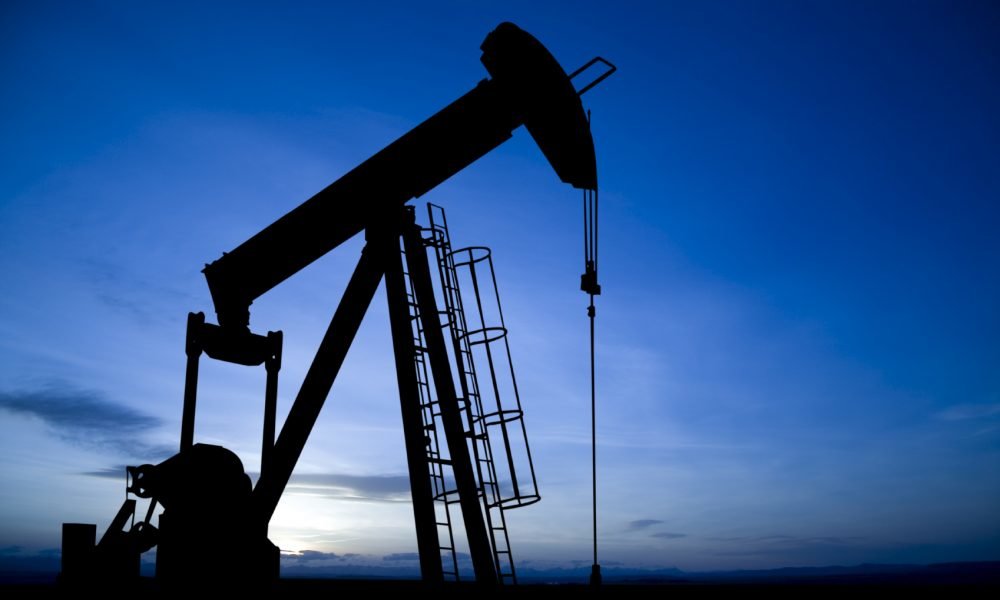
Shell Reports Biggest Profits in 4 Years as Oil Prices Rise to Astronomical Levels

Royal Dutch Shell recently disclosed its third-quarter earnings, reporting a 37 per cent increase in revenue and highest profits in the past four years. The boost in its performance was mainly due to the rising crude oil prices and the company is now moving forward with its share buyback program, which is the biggest the corporate world has seen so far.
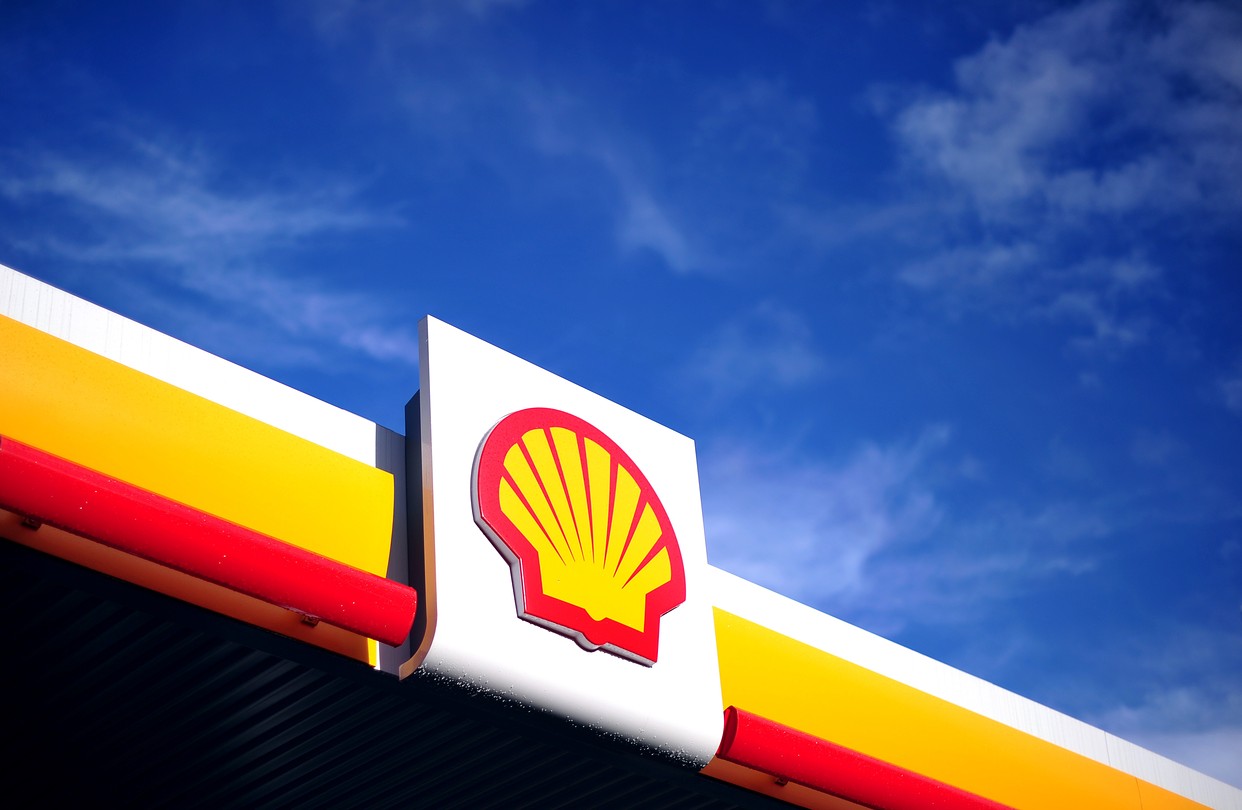
Royal Dutch Shell, which is the second-largest gas company in the world, recently reported a 60 per cent increase in its revenue from operations
Highest Profits in Four Years
Royal Dutch Shell, which is the second-largest gas company in the world, recently reported a 60 per cent increase in its revenue from operations as a reflection of its deep cost saving efforts over the past few years. The company generated nearly $12.1 billion over the course of three months, making it the strongest quarter in Shell’s history. The oil industry giant’s CEO, Ben van Beurden, said that the company’s efficient operational delivery across the world has helped it in generating massive revenues.
According to the earnings report, Shell experienced a 39 per cent year-over-year growth in total income from its stock market share in the third quarter. The revenue attributable to shareholders rose from $4.691 billion in the second quarter to $5.624 billion, just a hair less than the analysts’ consensus of $5.766 billion.
While the revenues were boosted by dramatic increase in oil and gas prices as well as cost-cutting strategies in trading operations, other factors like import tax increase, fluctuating currency exchange rates and expensive refining process had a negative impact on Shell’s profits.

In July, Shell started the biggest share buyback program worth $25 billion, in order to maximize shareholder returns
Shell’s Buyback Program
In July, the oil and gas company started the biggest share buyback program worth $25 billion, in order to maximize shareholder returns as promised in 2016 at the time of acquiring the BG Group. The move shows Shell’s confidence in outlook for profit growth and revenue generation in the future. The company even announced that its successfully finished its first phase of buybacks for $2 billion last month and the next tranche is expected to launch by the end of this week and last up till January 28. The next phase in its buyback process will cost the company up to $2.5 billion.
After posting disappointing profits for the past three quarters, Shell has come under a lot of pressure from investors and analysts who were beginning to question its ability to complete the expensive buyback program as well as pay its shareholders an annual $15 per share in the biggest dividend pay-out in the world.
To add to the growing list of its problems, Shell’s balance sheets are still weighed down by high debt levels, reducing the company’s leverage to company capitalization ratio (also called gearing) to 23 per cent in the third quarter, down from 23.6 per cent in the previous quarter.
Oil Companies and Their Environmental Impact
Recently, Royal Dutch Shell become one of the only two companies, along with Total SA, to reveal a detailed plan of how it will reduce carbon emission through its oil and gas products in the future. The Anglo-Dutch company is leading by example in the Big Oil sector, by setting up a long-term plan to eliminate environmental pollution, and it is also the only player in the oil and gas industry to disclose its products’ current impact on the environment and emission levels.
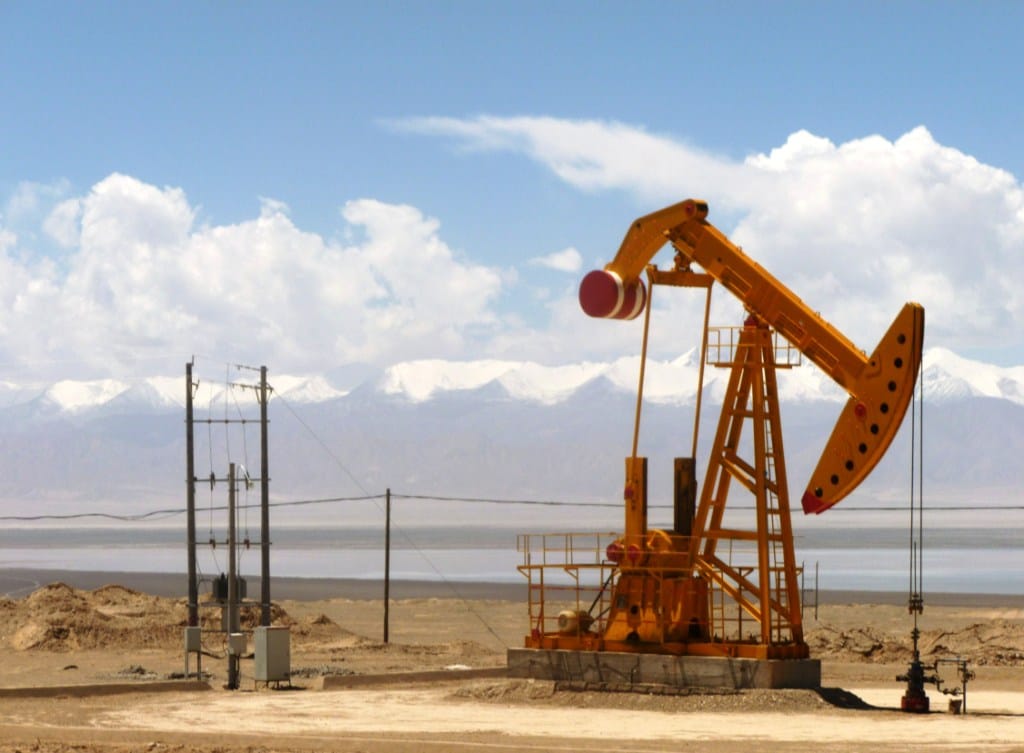
photo: Recently, Royal Dutch Shell become one of the only two companies, along with Total SA, to reveal a detailed plan of how it will reduce carbon emission through its oil and gas products in the future
According to Transition Pathway Initiative’s climate risk report, investors need to pay more attention to which oil and gas companies they are supporting because most of them don’t have the best intentions when it comes to environmental conservation. Although some names like BP, Eni SpA and Plc have certain emission targets, but they are only imposed on the production process and not for the sale of their actual products. Other companies don’t even have any quantifiable emission targets to begin with, and one of them (Reliance Petroleum Ltd.) doesn’t disclose its share of carbon emissions.
This report is aimed towards guiding investors in making smart decisions and allocating their capital to firms that are willing to adjust their business models to adhere to the 2015 climate deal signed in Paris, as an attempt to keep temperatures below 2 degrees of pre-industrial levels. Even asset management companies that hold over $30 trillion in capital are using their power to influence the actions of the world’s biggest polluters and making sure that they face the consequences of causing damage to the Earth’s environment.
More in Business
-
`
Will Bitcoin Crash to $0 or Hit $500K in a Decade?
Bitcoin’s future divides analysts into two extreme camps. Some see it becoming one of the most valuable financial assets in history....
October 12, 2025 -
`
Can Anyone Really Blame Mariah Carey for ‘Leaving’ the Real World?
Mariah Carey isn’t like the rest of us. From the moment she opens her mouth and that voice pours out, she...
October 10, 2025 -
`
Intel Invests in Nvidia, but Ratings Remain Unchanged
Intel’s stock jumped more than 30% after news broke that Nvidia poured $5 billion into the company. The rally sparked renewed...
October 5, 2025 -
`
Homeownership vs. Real Estate Investment: What’s Better?
Homeownership has long been seen as the American dream. But today, more people are asking: Is it really the smartest way...
October 3, 2025 -
`
Why the Armani Fashion Empire Is Set for an IPO
Giorgio Armani, one of the most iconic names in global fashion, left behind a detailed plan for the future of his...
September 27, 2025 -
`
Why Do Pokémon Cards Outperform the S&P 500 As an Investment?
Pokémon cards have outperformed the stock market by a mile. Since 2004, they have delivered a staggering 3,821% return, according to...
September 27, 2025 -
`
America’s Billionaires Get Older—Millennials Wait for Wealth Transfer
Many of today’s billionaires don’t match the youthful tech-founder image often portrayed. While names like Elon Musk, Sam Altman, and Mark...
September 21, 2025 -
`
Can President Trump Legally Fire Fed Governor Lisa Cook?
Lisa Cook is right in the middle of one of the most explosive legal battles in Washington. President Trump wants her...
September 20, 2025 -
`
Jeff Bezos’ Advice for Millennials Who Want Financial Success
Millennials today have grown up in a world where instant access to products and services is the norm. From two-day deliveries...
September 13, 2025

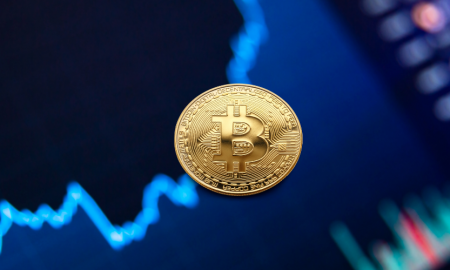









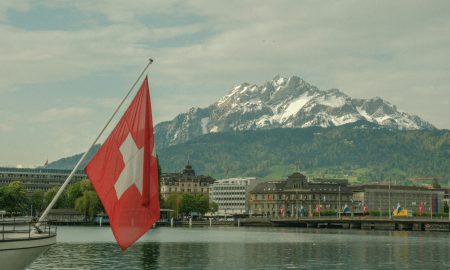



You must be logged in to post a comment Login